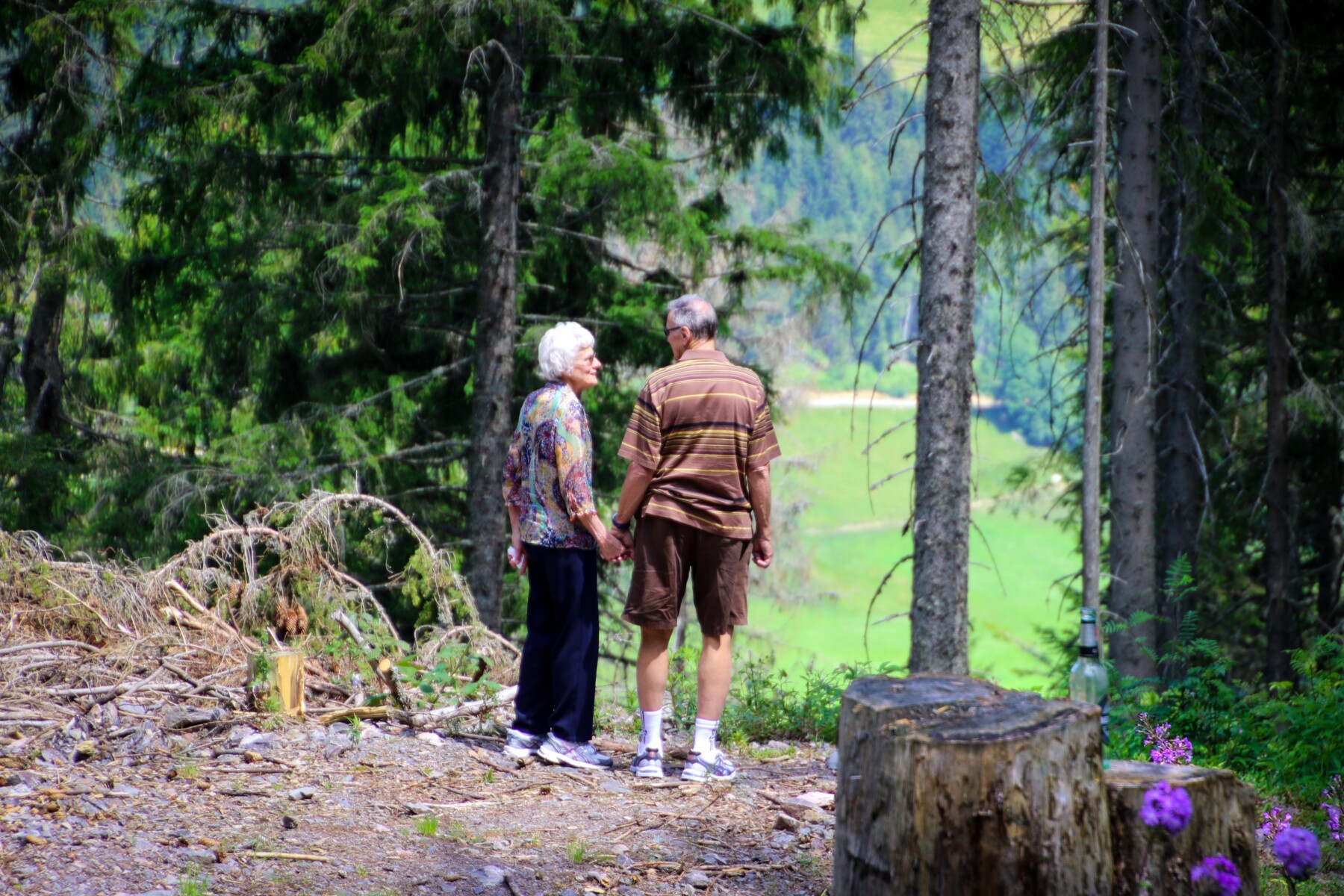One result of the Covid pandemic is that many older people find it harder to cope with everyday life and may need care for the first time. This might be because they caught the virus and are making a slow recovery, or because the extended lockdowns affected their physical and mental wellbeing.
Research by Age UK found that people with dementia often found that their condition deteriorated because of reduced social contact and activity. Many others are struggling with basic tasks such as cooking, cleaning, shopping and personal hygiene.
People who were able to live independently before the pandemic are now discovering that they have a care need. For many this is the first look into the complex world of care funding as they try to find out whether they can get help to pay for their care or will have to cover the cost for themselves.
If you have less than £23,250 in savings it’s possible that your local council will cover some of the cost. If you have more than this saved you will have to pay for your care.
In some circumstances you may be eligible for NHS continuing healthcare. The rules for this are not clear cut but if you have an ongoing physical or mental health condition it’s an option worth exploring as the NHS will cover the cost of your care.
Care Needs Assessment
The first step is usually to get a care needs assessment from your local council. You can arrange this through your GP or by contacting social services. A care needs assessment is free and anyone can ask for one. If you need care the council will carry out a means test to check whether you’re eligible for funding.
A lot of councils have a backlog of care needs assessments at the moment so there could be a delay. Some people are choosing to contact a care provider directly if they don’t think there’s a realistic chance of the council paying for their care.
The financial assessment looks at the following:
- earnings
- pensions
- benefits (including Attendance Allowance or PIP)
- savings
- property (including overseas property)
If you receive care in your own home the value of your property will not be included in the assessment. It will be included for residential care unless you have a spouse, civil partner or dependant relative still living in the home.
Financial assessments should be repeated annually as your savings may have dropped to the level where you will become eligible. A word of caution: giving money away or hiding assets to avoid paying for care won’t work.
Personal Budgets
If you qualify for care funding you will be given a personal budget. You can opt to arrange your own care and receive your budget as a monthly payment into your bank account (you will need to keep receipts to prove you are spending it on care services). Alternatively, the council can organise and pay for your care on your behalf and send you a regular bill for your contribution.
If you are fully self-funding the council may still help you find a suitable care provider. Or you can simply choose for yourself and not involve the council.
If you have any questions about what type of care would suit you best and how to pay for it the team at Altogether Care will be happy to help. Contact us on 01305 206 140 to find out more.









